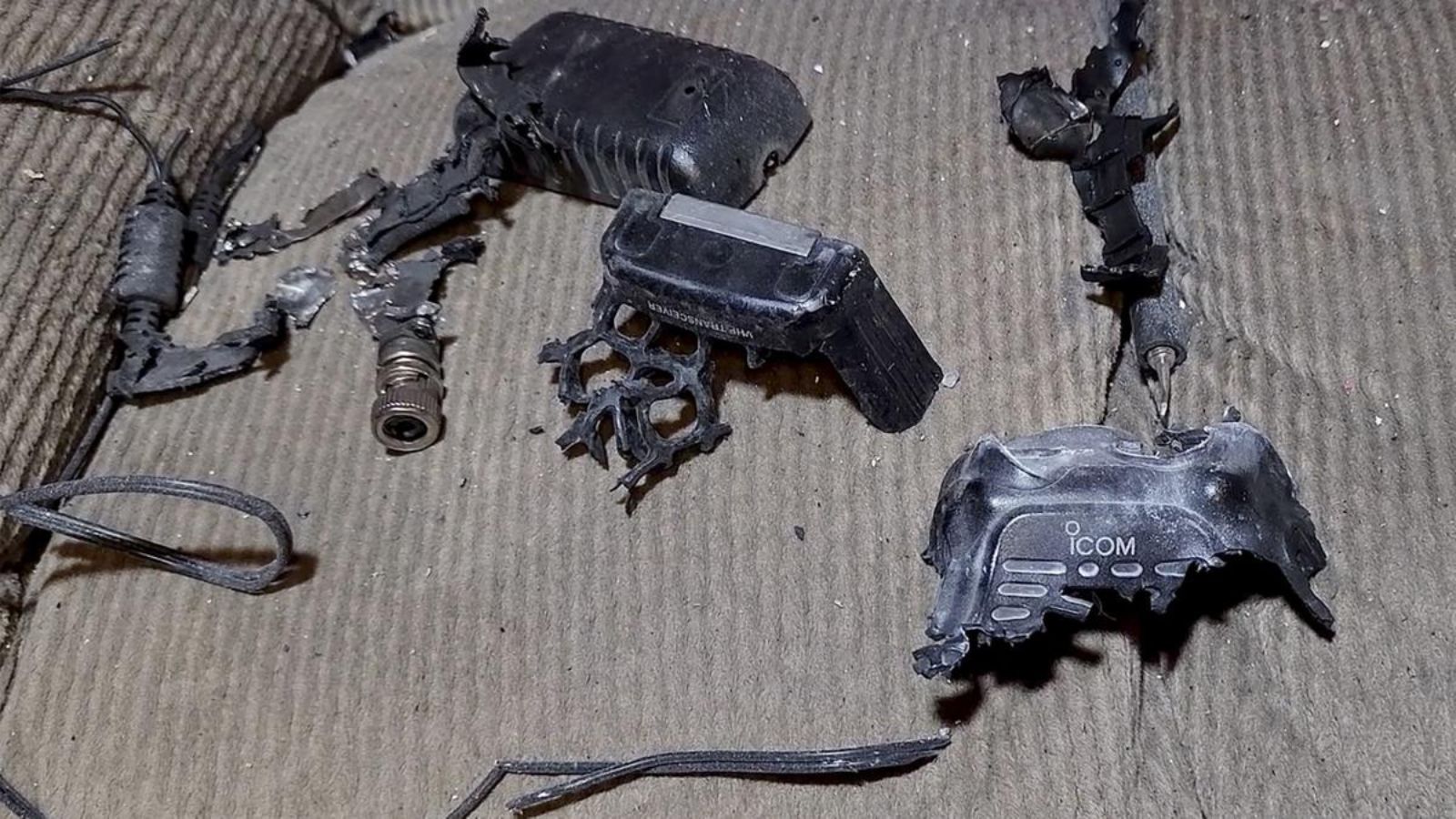In a shocking revelation, Lebanon’s United Nations mission has confirmed that explosives were implanted in various communication devices prior to their arrival in the country. This alarming discovery has raised significant concerns about security and the potential for increased violence in the region. The devices in question included pagers and handheld radios, which were reportedly intended for use by various organizations and individuals within Lebanon.
The investigation into these devices revealed that they were detonated remotely by sending electronic messages. This method of remote detonation highlights a sophisticated level of planning and execution, suggesting that the perpetrators had a clear understanding of electronic communications and the vulnerabilities associated with them. The implications of this finding are profound, as it not only endangers the lives of those who might have used these devices but also poses a broader threat to public safety in Lebanon.
Lebanon has been grappling with a complex security landscape, influenced by regional tensions and internal political strife. The presence of such dangerous devices underscores the precarious situation in the country, where various factions vie for power and influence. The UN mission’s findings have prompted calls for a thorough investigation into the origins of these devices and the individuals or groups responsible for their modification.
Also Read: PM Modi Calls for Equitable Green Energy Investments, Highlights Democratization of Solar Technology
Authorities are now working to trace the supply chain of these altered devices, seeking to understand how they were introduced into Lebanon and who may have facilitated their transport. This investigation is critical, as it may reveal connections to larger networks involved in arms trafficking and terrorism. The potential for these devices to be used in attacks against civilians or security forces is a pressing concern for both local and international authorities.
In response to these developments, Lebanese officials have heightened security measures across the country. Military and police forces are on high alert, conducting searches and monitoring communications to prevent any potential attacks. The government has also called for increased cooperation with international partners to address the growing threat of illicit arms and explosives entering the country.
The UN mission has emphasized the need for a coordinated response to this issue, urging all stakeholders in Lebanon to come together to enhance security protocols and prevent further incidents. The situation calls for vigilance and collaboration, as the ramifications of such threats extend beyond national borders, impacting regional stability.
This incident serves as a stark reminder of the ongoing challenges Lebanon faces in maintaining security and peace. As the investigation unfolds, the international community is closely watching, aware that the outcomes could have significant implications for the region’s future. The use of technology in warfare and terrorism is evolving, and nations must adapt to these changes to safeguard their citizens.
In conclusion, the discovery of explosives embedded in communication devices before their arrival in Lebanon has raised serious alarms regarding security and safety in the region. As authorities work to unravel the complexities of this situation, the need for enhanced security measures and international cooperation has never been more critical. The implications of this incident extend far beyond Lebanon, highlighting the urgent need for a unified approach to combat the rising tide of violence and instability in the Middle East.




